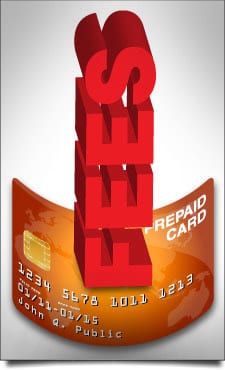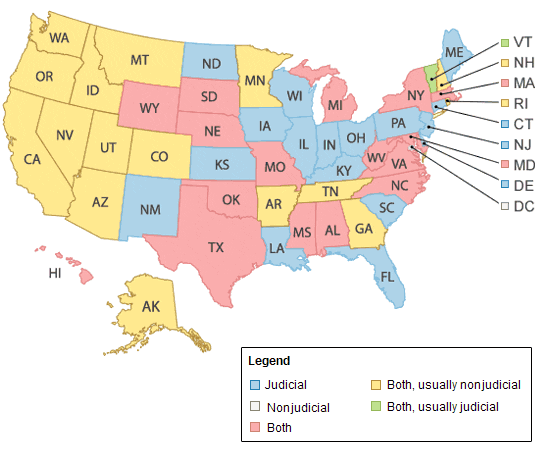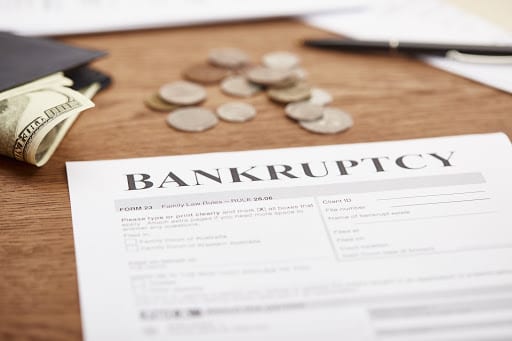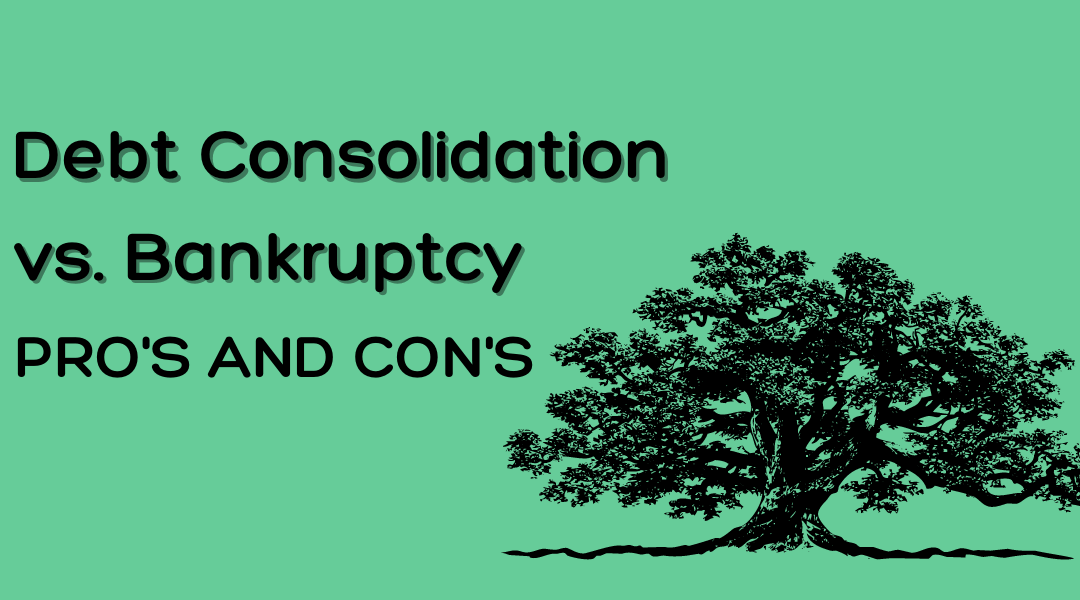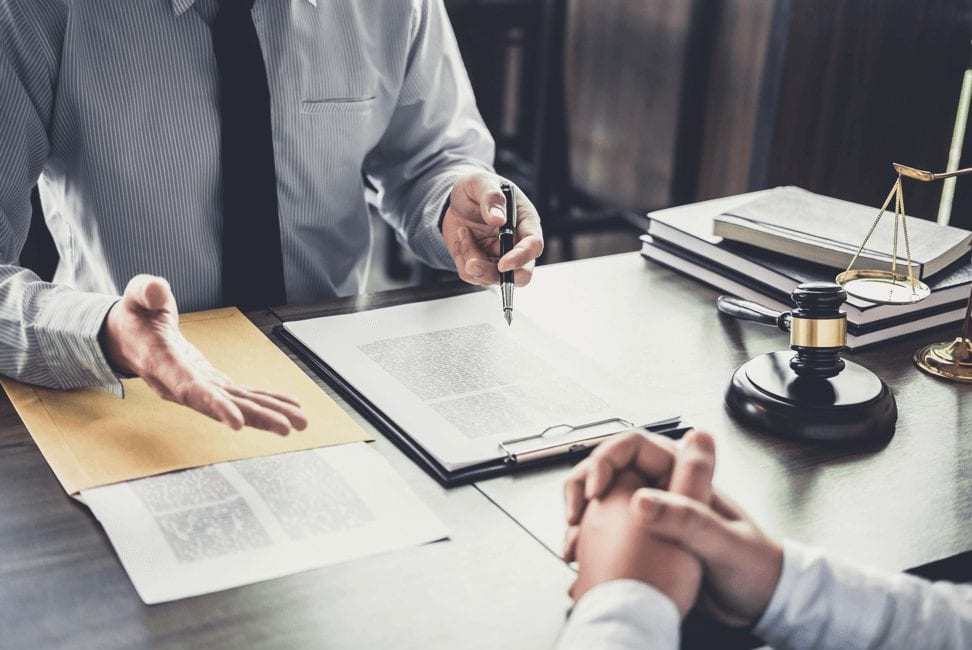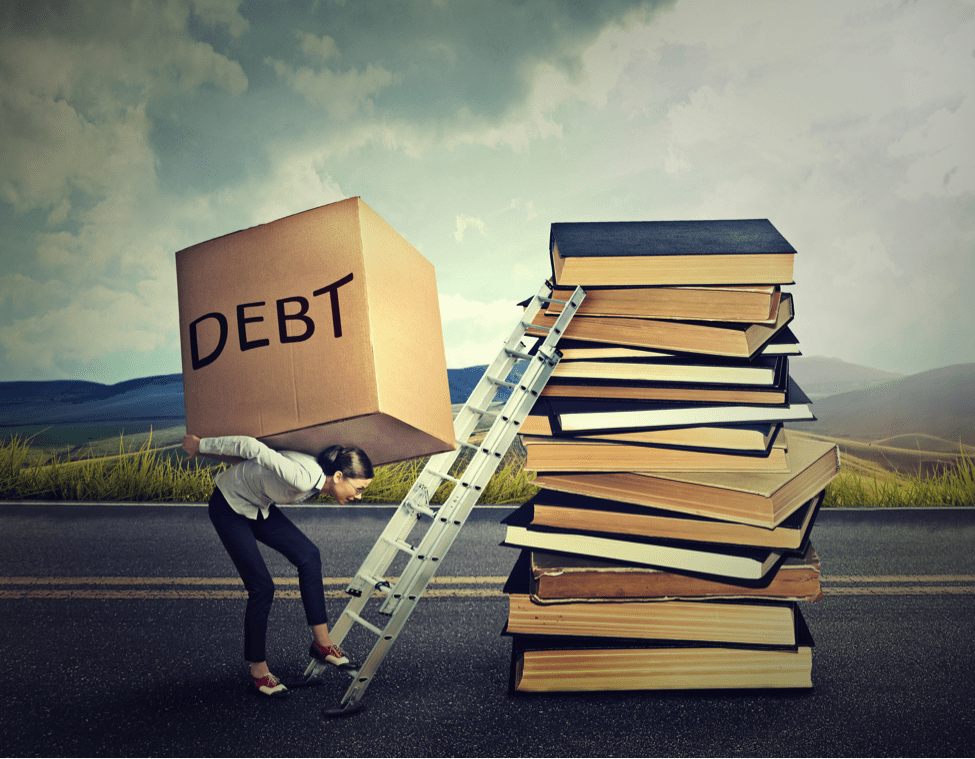Under Section 362 of the U.S. Bankruptcy Code, an automatic stay prevents creditors from collecting debts from a debtor. An automatic stay halts all actions, including repossessions, foreclosures, and phone calls, and is enforced by the bankruptcy court. Once collection actions are halted by the court, whether a creditor does nothing and still violates the automatic stay has been in question.
Inaction means a creditor that began collection activity before a bankruptcy petition has not reversed its action after the filing. Recently, a bankruptcy court in Virginia decided a creditor can be in violation in this case. However, other courts have said no on this matter. The issue has yet to be decided in the Supreme Court.
A Ground-Breaking Decision
In Virginia, a divorce attorney obtained a judgement against a client after she didn’t pay all her legal fees. The attorney was able to obtain a wage garnishment against her, but she filed Chapter 7 bankruptcy as a hearing on turning over funds was scheduled. The lawyer refused to terminate the garnishment and the former client moved for them to be held in contempt, claiming they willfully violated the automatic stay. Ultimately, the court concluded the attorney’s refusal to terminate the wage garnishment was a willful violation and demonstrated improper exercise of control over the debtor’s property.
How Does a Creditor Violate the Automatic Stay?
To prove that a creditor has violated the automatic stay, it must be established that:
- There was indeed a violation
- The violation was willful
- Damages were caused by the violation
The automatic stay prohibits a creditor from possessing property of an estate, or exercising control over estate property. In the ruling above, the court reasoned the property seized before the bankruptcy petition, which was not yet liquidated, still belonged to the bankruptcy estate.
The Supreme Court Will Weigh In
Whether a creditor that seizes a debtor’s property before they file for bankruptcy must release or return such property after a filing, or if the creditor can be sanctioned for not taking action, has been in question. The U.S. Supreme Court is set to hear an appeal from the Seventh Circuit. This appeal involves whether an entity has an affirmative obligation to return passively obtained property to a debtor or trustee upon a bankruptcy petition filing.
The courts have been split on the matter thus far. Yeses have been decided by the Second, Seventh, Eighth, Ninth, and Eleventh Circuits. However, the Third, Tenth, and District of Columbia Circuits have said no. Their conclusion was that the retention of property entails a passive act. In doing so, a creditor maintains the status quo, even after the debtor files for bankruptcy.
The U.S. Supreme Court is expected to rule definitively on this in the summer. It could rule that inaction doesn’t violate the automatic stay. Whether it does or not, for now, creditors that don’t halt collection efforts when a debtor in bankruptcy demands it may be held in contempt and liable for damages.
Hire OakTree Law for Bankruptcy Help
Filing a bankruptcy petition is more than about getting out of debt. There can be issues with creditors continuing collection actions, even after you file. While it’s yet to be officially decided whether a creditor’s inaction violates the automatic stay, OakTree Law can help you navigate the bankruptcy process and help avoid some of the risks associated with it. With our help, you can regain control of your finances, so contact us today at 562-219-2979.

